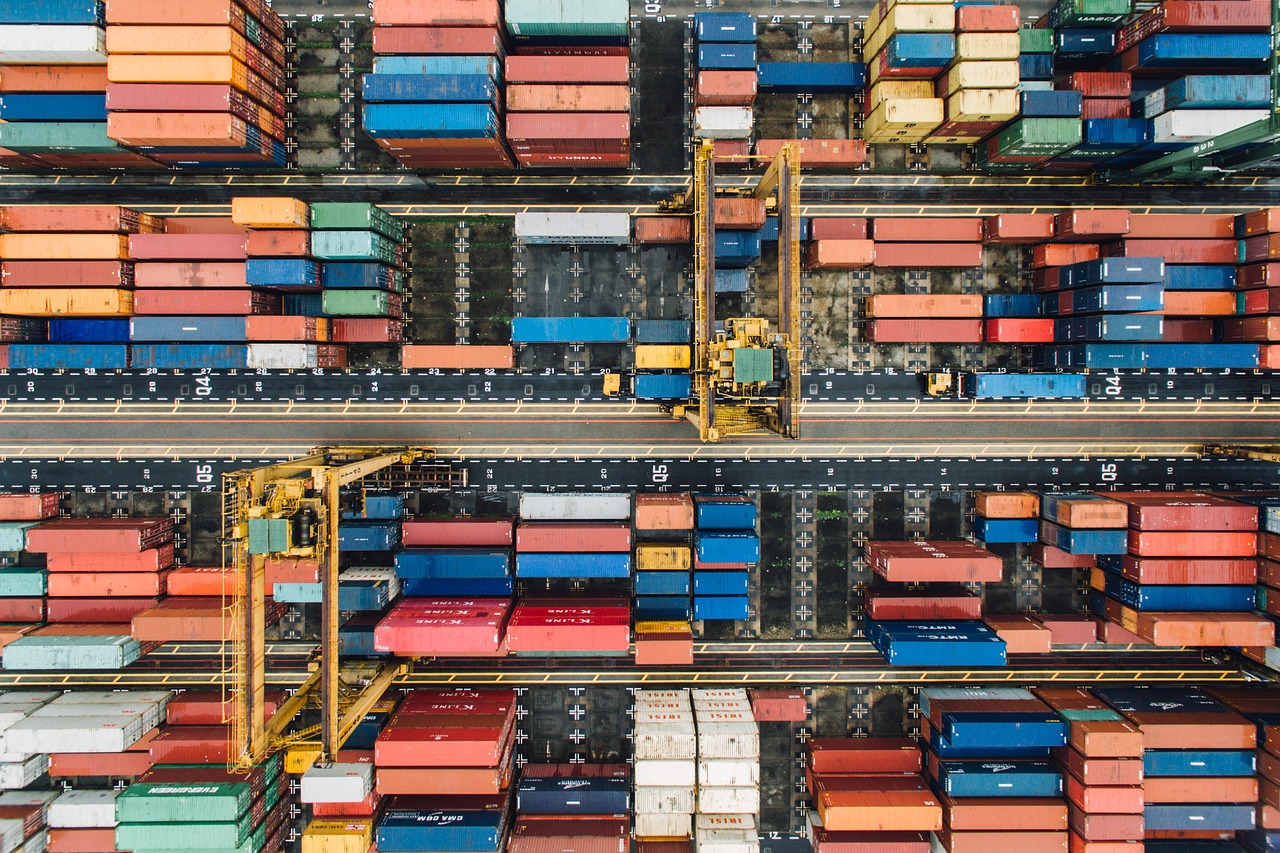GLOBALIZATION, NEW PARADIGM
ReLive: From export miracle to German crisis – With Wolfgang Muenchau and comments by Sander Tordoir
In the most recent New Economy Short Cut on August 18, Wolfgang Münchau and Sander Tordoir discussed the structural problems of the German economic model — particularly its heavy dependence on exports.
BY
DAVID KLÄFFLINGPUBLISHED
12. AUGUST 2025READING TIME
5 MIN
The longer the German economy has struggled over the past two years, the more extreme the demands have become: should Germans simply work more? Should public holidays be cut? As Wolfgang Münchau argues in his book Kaput, the problems run deeper — in the German economy’s strong dependence on exports. Could the lack of innovation and the shortsightedness in energy policy ultimately also be a consequence of the neo-mercantilist logic behind the “export champion” model?
Wolfgang Münchau’s diagnosis of Germany’s stagnation is clear: a glaring imbalance between export surpluses and domestic investment. This is partly the result of the black zero policy. But Germany has also relied for too long on the mantra of being an export world champion — at the expense of innovation and digitalisation. New key technologies such as AI, green tech, or electric mobility? These are now being led by the U.S. and China.
Ludwig Erhard already knew that economics is half psychology. Wolfgang Münchau and Sander Tordoir also emphasised the need for a shift in economic thinking — away from a narrative that devalues services as the “tertiary sector” and equates the entire economy with a handful of industrial companies. Meanwhile, countries like Denmark and the Netherlands show how modern structural transformation could work: digital, efficient — and productivity-driven.
According to Münchau, a European reform of financial and capital markets (keyword: banking and capital markets union) is a key first pillar. What makes the American financial system so strong is the depth of its capital market — not least due to a huge and liquid market for U.S. government bonds. Without joint Eurobonds, this is hardly conceivable for Europe. But the flipside would be a fiscal union, which currently seems politically unfeasible.
Tordoir pointed out that dependency on Russian gas and competition from Chinese car and machinery manufacturers account for around 80% of Germany’s growth losses. It is therefore difficult to understand why the German debate remains focused almost exclusively on regulation. What is needed instead is a different industrial policy — one that fosters investment and cushions deindustrialisation: no longer just subsidising yesterday’s losers, but moving towards long-term strategies and real future markets — clean tech, digitalisation, electric mobility. Subsidies, yes, but with clear goals. And with a strong focus on Europe and the potential of the EU single market.
